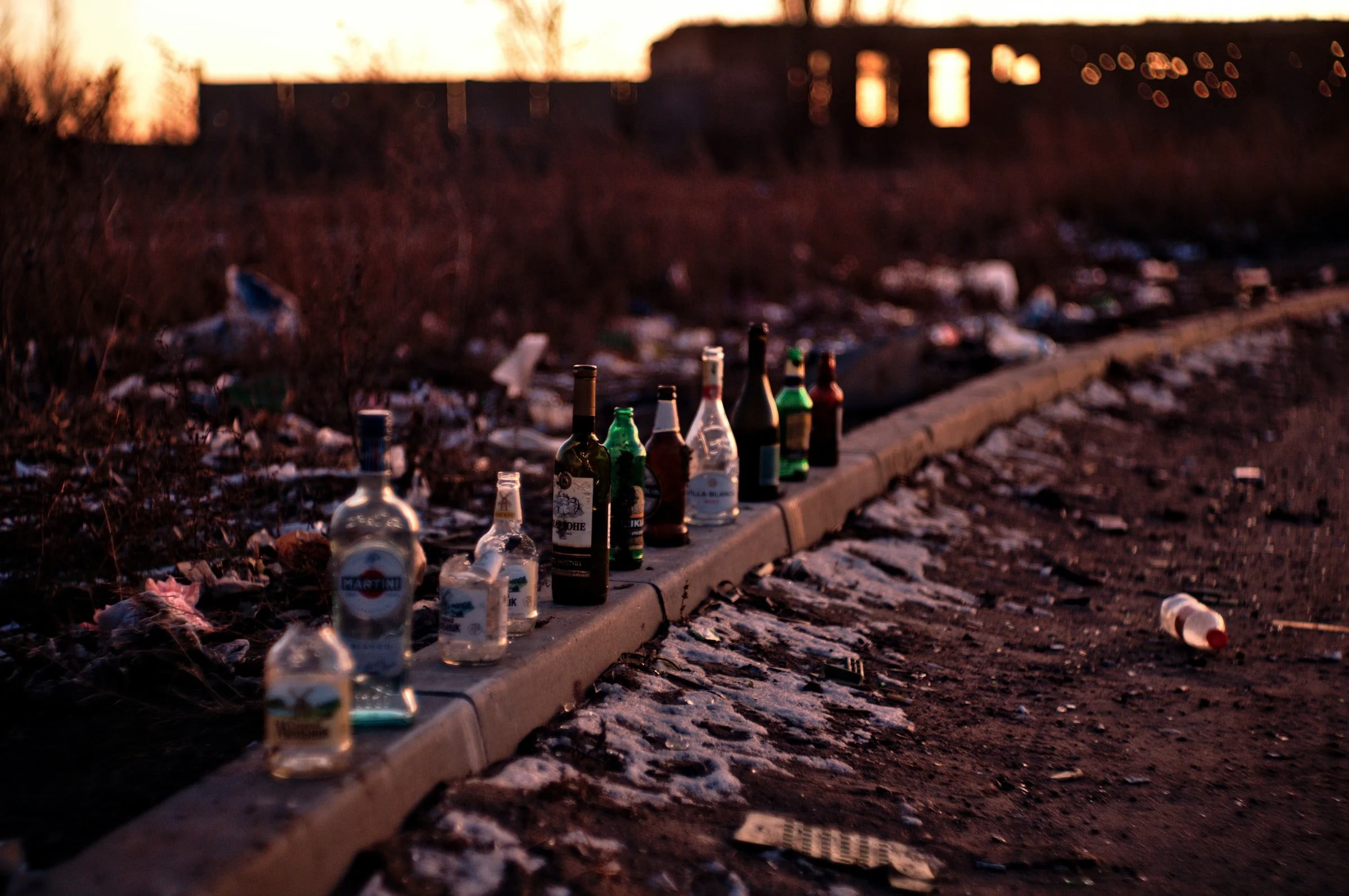One Day at a Time
Dry January can kick start behaviours that improve our wellbeing, but for some of us, abstaining for one month of the year can be a way of hiding from a damaging relationship with alcohol.
4,000 people took part in the first coordinated Dry January in 2013. By 2017, over four million people told a YouGov survey they planned to give up alcohol for a month, and a record 130,000 people signed up in 2021.
The idea came from Emily Robinson, a young woman who took a break from drinking in January 2011 to help her train for her first half marathon. Emily felt that not drinking for a month improved her sleep and energy levels and found that people wanted to know what it was like to give alcohol a break.
The following year, Emily gave up drinking again. By now she was working for Alcohol Change UK and her initiative inspired the charity to ask if quitting alcohol for January could get people thinking about their drinking and make a long-term difference to habits and health.
Some benefits of giving up alcohol short-term
Giving up alcohol for a month is more likely to be helpful if you drink moderately.
Liver Specialist Professor Kevin Moore of UCL has shown that quitting alcohol for a month aids weight loss and alters liver fat, cholesterol and blood sugar. The Royal Free Hospital says a month off the booze also improves concentration and sleep patterns.
Research by alcohol behaviour change expert Dr Richard de Visser shows that 70% of people who take part in Dry January are drinking “less riskily” after six months, and that “almost a quarter” of people drinking at “harmful” levels are considered “low risk” six months after a dry month.
The problem with an alcohol holiday
Professor Moore has said that “if someone had a health product that did all that in one month, they would be raking it in.” He’s right of course - though the product would surely be a hit all year round. If a month’s abstinence feels good and has been medically proven to do good, why don’t we all just quit?
The uncomfortable truth is that for a lot of people, alcohol feels better than abstinence. When we’re in a relationship with the drink, we’ll do anything to safeguard it, including lying to ourselves and anyone else who threatens our symbiosis.
Stephen King famously recalls his incredulity at the question, “How much do you drink?” His answer was “All of it.” Because that’s how it is when alcohol is your abusive partner. The drink is drinking you.
For me, every January has been dry since I had my last drink 37 years ago. Alcohol nearly killed me, but before giving up for good I used every strategy in the book to protect what felt at the time like my most dependable relationship.
Dry January can be the worst kind of gift for a drinker, providing personal and social proof that we’re okay and exempt from labels like 'addict' and 'alcoholic'. You can’t have a drinking problem if you’re dry for a month, can you? No alcoholic could abstain for 31 whole days, could they? Well, yes. Addictions want to survive and they're very resourceful.
If you’re making a long-term commitment to not drinking
That’s great. Keep going and get some help. If I could say anything to my 24-year-old self it would be: take it one day at a time and know it’s okay to be sad about not drinking. You’ve been in a relationship and will be experiencing grief and loss as well as adjusting physically, cognitively and emotionally to not having alcohol in your life.
Not drinking is not easy for a lot of us. It takes compassion and support. We've been there, and we know that things can be different for you. Please know you can always get in touch with us.
Thank you for reading.
Malachy, Lifetime Therapy founder, counsellor and teacher
Get in touch: info@lifetimetherapy.co.uk


